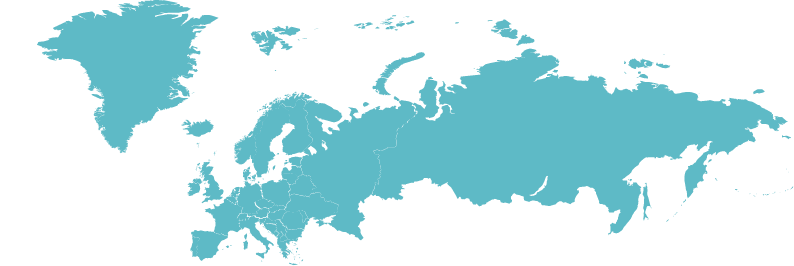Greetings of love and peace from the Alhambra Hotel next to the King’s Crossing / St. Pancras Station in London, where I can hear the Piccadilly Line rumbling by in the depths below my second story room and I’m faced with trying to arrange for a 2-hour conference call late this afternoon after having discovered late last night that this hotel doesn’t have phones in the room—interfaith organizing on a shoestring!
After an uneventful 10-hour flight from San Francisco, I landed at Heathrow Airport a little after 10 AM (2 AM San Francisco time!) on Tuesday morning, 8 Feb 2011. I had just enough time to find my hotel, take a quick shower and hop into a taxi to reach the Army and Navy Club almost on time to meet Rev. Malcolm Stonestreet, a founding and sustaining light of URI UK, for lunch. It was great to catch up with Malcolm and receive an update of their Faith in the Community work that provides a way into building interfaith community and promoting social cohesion in the increasingly religiously diverse communities of this country.
Afterwards, we found our way to the Foreign and Commonwealth Office on Whitehall Street with Westminster Abbey and Big Ben in easy walking distance in one direction and Trafalgar Square in the other. We had an engaging hour’s conversation with Sarah Hulton, who is the leader of the Foreign Office’s Conflict Prevention Team. In what we agreed was a basic get acquainted meeting, Sarah began by giving us an overview of the “architecture” of their work.
The Conflict Prevention Team has three areas of focus: Early Warning/Action, with an attention to how they appropriately monitor this work to evaluate its value added; Responsibility to Protect, which includes collaborations with the UN and the EU; and the Conflict Pool, which is a collaborative venture of the Foreign Office, Defense and Development—offering strategic support for peace work, particularly in the Middle East, Africa, South Asia and Europe. She mentioned that they had regional conflict advisors who might be resources for URI’s work in different parts of the world. It was clear that in each of these areas they engage in an ongoing process of strategizing, planning, implementing, evaluating. A familiar question Sarah posed, “How do you measure the conflict that doesn’t happen?”
Other key areas in the Foreign Office include Peacekeeping, Natural Resources, Peacebuilding and Counterterrorism. Sarah indicated that they will be revealing some new directions in their work over the coming few months and urged us to tune into their website (www.fco.gov.uk) to monitor their evolving work.
Malcolm and I then provided Sarah with an overview of URI, with special attention to work in the UK and our global peacebuilding work, particularly the Traveling Peace Academy and the urban conflict mediation work of the UNESCO Centre of Catalonia in Barcelona. Sarah was impressed by URI’s work and acknowledged that the grassroots nature of our work reflects an ever-growing recognition that peace work cannot be limited to high level engagement but has to be close to the ground to be effective. I also spoke of our increasing focus on the challenge of evaluation and of our work with Mohammed Abu-Nimer.
After our meeting, one of Sarah’s colleagues, John Walker, gave us a tour of the massive stone building that was once, as Malcolm expressed it, the command center of the British Empire. It was combination of expansive, impressive open spaces and rabbit warrens of offices—high, ornately decorated ceilings, beautiful art work celebrating the Pax Brittanica and key historical figures and one remarkable painting of St. Cecelia that dominates one wall in the room where visiting dignitaries wait to meet the Foreign Secretary. The two most moving features were an area adorned with simple stone plaques commemorating lost colleagues, the victims of IRA violence and attacks in Istanbul, Iraq and a few other places; and a bronze statue offering tribute to the Gurkhas, Nepalese soldiers who fought for the British for over two centuries but have only recently been given the right to settle in the UK.
